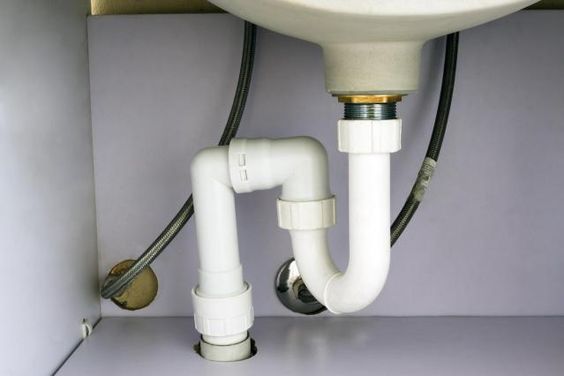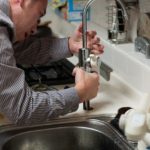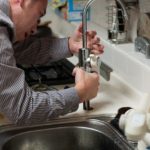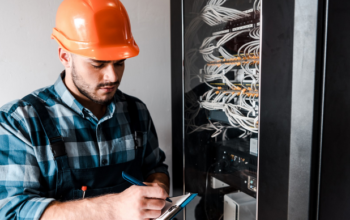Water is very vital in the life of every human being. Most of the household items need water for their proper functioning. That makes water supply and drainage very important in any house construction. Residential plumbing systems involve the provision of water services in any house. Any residential plumbing system will involve water supply pipes, applications, and fixtures. This article will give you a brief guide on what a residential plumbing system is, factors to consider before the installation process, and its importance.
What Are The Essential Parts Of A Plumbing System?
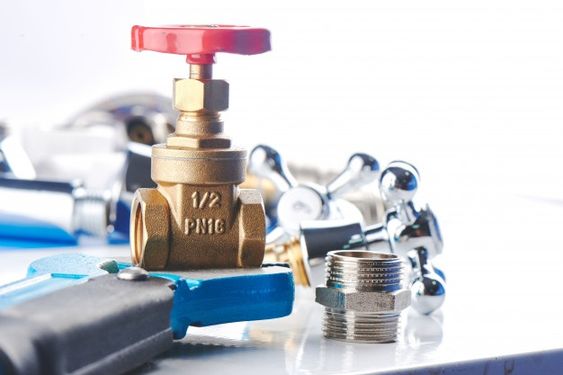
There are three important parts of a plumbing system. They include the water supply system, appliances and fixtures, and the drainage system.
- Water supply system. This involves the flow of water into the house. We have a direct water supply system and an indirect water supply system. In the case of direct water supply systems, all water outlets in the home directly receive water from the mains.
Direct water supply systems work well where there is a water source that delivers water at high pressure and water is sufficient. Indirect water supply systems involve cases where water from the main is passed to storage tanks then delivered to the house. Indirect water supply systems work where the main supply is not enough to supply water to all faucets in the house.
- Appliances and fixtures. Appliances include items like washing machines, water heaters, and dishwashers. Fixtures include bathtubs, showers, and sinks. They only need cold and water lines. All appliances and fixtures need different pressure and flow of water.
- Drainage. This is also referred to as wastewater disposal. This is where all the used water enters after passing through the drain taps. The drainage system basically works on gravity.
Why Do You Need A Good Plumbing System?
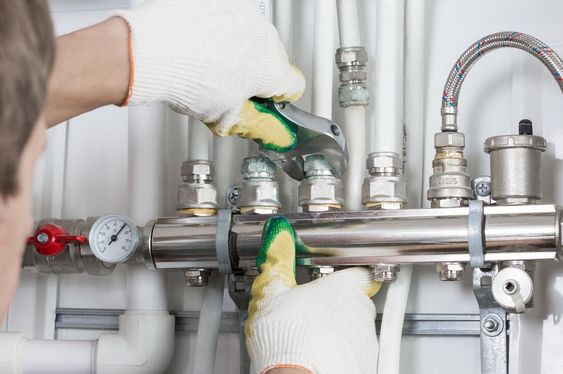
Most plumbing systems in residential areas consist of cold and hot water supply fixtures, pipes, and appliances. Plumbing systems can either be fixed on the walls or inside the walls depending on the client’s preference. The following are some of the benefits of a good plumbing system.
- A good plumbing system has materials and workmanship that conform to quality standards.
- A good plumbing system provides manholes that are useful in cleaning the draining pipes.
- The draining pipes of a good plumbing system have better access to the sewage and house septic tanks with deep slopes.
- An effective plumbing system supplies safe drinking water adequately and at the correct pressure.
- A good plumbing system stops any possible leakages and as a result, water wastage is minimized. Ball valves are the most reliable type of valves used in main water shutoffs. One of the leading suppliers globally is the ball valve suppliers in South Africa. They supply the valves in stores around them and also ship them all over the world.
- A good plumbing system ensures there are no cases of cleaning water getting mixed with wastewater. Such cases might result in serious infections especially if the contaminated water is drunk by house members.
- A good plumbing system prevents foul gases from getting into your house. The system will allow foul gases to escape easily.
- A good plumbing system effectively collects and disposes of any wastewater from the house.
What Are The Qualities Of A Good Plumber?
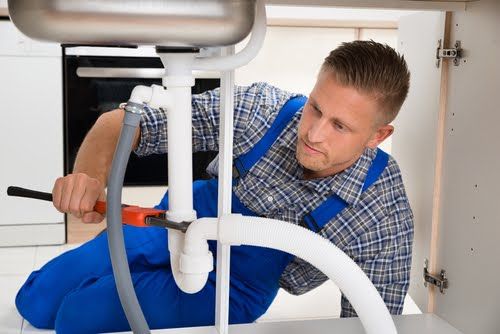
A plumber is a person who repairs and installs fixtures, appliances, and pipes used for sewer lines, drinking water, and drainage in plumbing systems. Plumbing systems are a bit complex, installing and repairing them is very costly. It is important to hire a plumber who is proficient in-home repairs. The following are some of the features to look for in a plumber.
- Your plumber should have enough experience in plumbing for better services. There are simple plumbing tasks that can be given to a novice to handle, but complex plumbing situations require a master plumber. An experienced plumber will save you the cost and the time that could have been used to repair poorly done work.
- A good plumber should have proper certificates and licenses related to plumbing. Those two are enough proof that the person you are hiring has gone through proper training, passed the required tests, and met the needed requirements.
- Your plumber should be competent. Any qualified plumber should have knowledge of plumbing services and be able to offer competent services and advice. A competent plumber assesses the job and quickly completes it without leaving any possible malfunctions.
- A good plumber should be reliable. Everyone wants a plumber who can be trusted. A good plumber should complete their task according to the agreed time frame. He/she should always report to the site on time and be well prepared. Your plumber should also be able to come up with an estimated cost that makes sense, not too little or too high.
- Your plumber should have a good reputation. Good plumbers have a good reputation within their workplace and community at large. They should be having positive feedback from their previous clients.
Conclusion
An effective plumbing system is very beneficial in homes. The system only needs to be well maintained with the assistance of a qualified plumber. This will help you avoid unplanned repairs and new installation.
Related Posts

